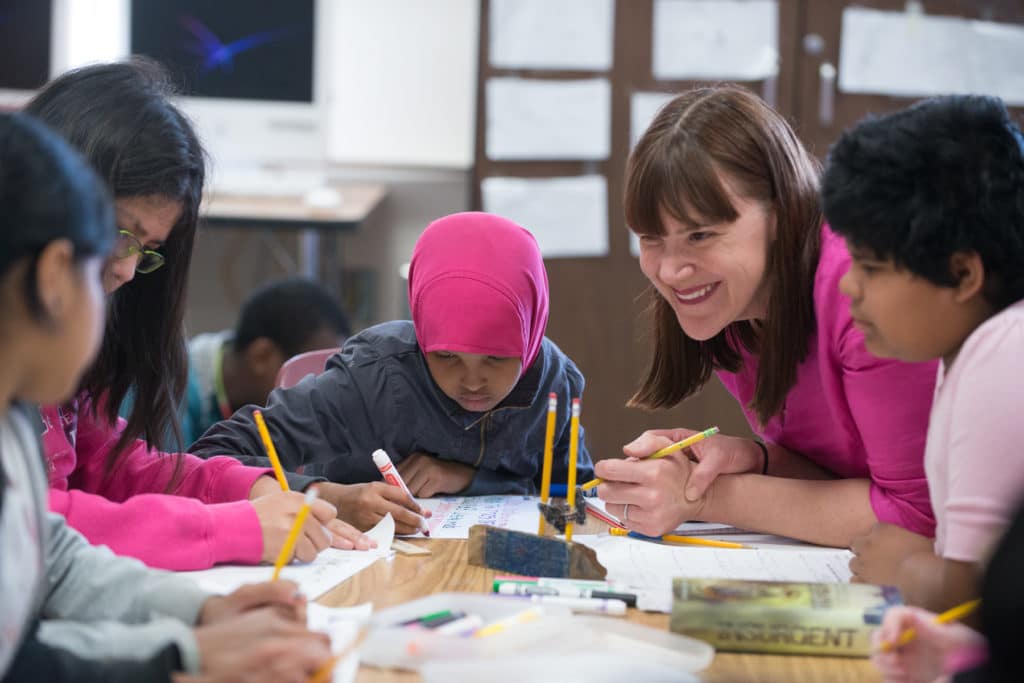
It’s the perfect time of year to pause and reflect on your personal teaching and learning goals—the hopes and dreams you set when school began. First, let’s take a step back and look at that learning from a big-picture point of view.
We know that the most meaningful learning happens as part of a natural, three-part learning cycle.
It begins when we generate ideas and goals (like the hopes and dreams we envision at the start of each school year). Just as you would help students create meaningful goals grounded in both the curriculum and their personal interests, your learning goals should be both personally and professionally motivated. Often, grade level and department teams will work together to create group goals at the start of the year. This can serve as a great springboard for creating individual goals that also work as part of a larger objective.
The cycle progresses through a period of active exploration, experimentation, and problem-solving. You’re used to giving students Academic Choice, during which time scaffolded support and teacher check-ins can help them connect their daily work to their initial ideas and long-term learning goals. The lessons you plan for your students can serve as your own opportunity to explore and experiment. What about a lesson was especially successful? What didn’t quite go as planned? If new challenges or opportunities arise out of those plans, it’s time to problem-solve and then explore again.

At this point in the school year, as we head into winter break, many educators find themselves entering into part three of the cycle, reflecting on experiences. Reflection is about more than just looking at the process—the “doing”—in part two of the learning cycle. It’s about going all the way back to part one and considering how the work and learning you’ve done thus far informs your original goal. It’s time to ask what worked, what didn’t, what was intriguing, and what suggests a new direction for your learning?
Sometimes, that new direction is not so new, but rather a next step. Maybe you met your initial goal of integrating more academics into Morning Meeting, for example. You might rewrite your goal now to tighten your focus and use specific Morning Meeting activities to prep for state tests in science this spring. Perhaps your goal was to get your middle schoolers grounded in the rules and routines, and now they are prepared for more active, independent learning structures.
Or maybe, through reflection, you realize that the goal you set in August is based on an idea you no longer hold. That’s okay. Take the time and space you need to develop new ideas and write a new goal that reflects your work and learning thus far. Then, start the new year by keeping the natural learning cycle going.
For more on the natural learning cycle and other ways to make learning meaningful, check out The Joyful Classroom.